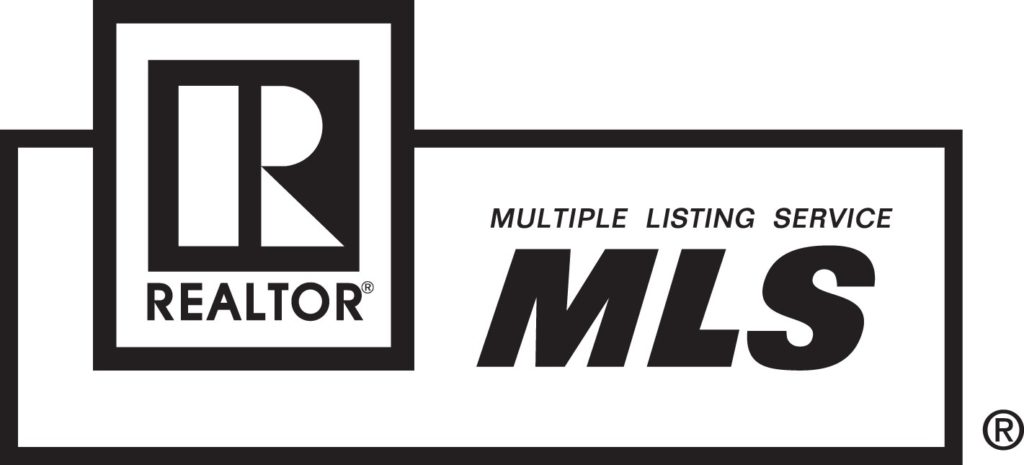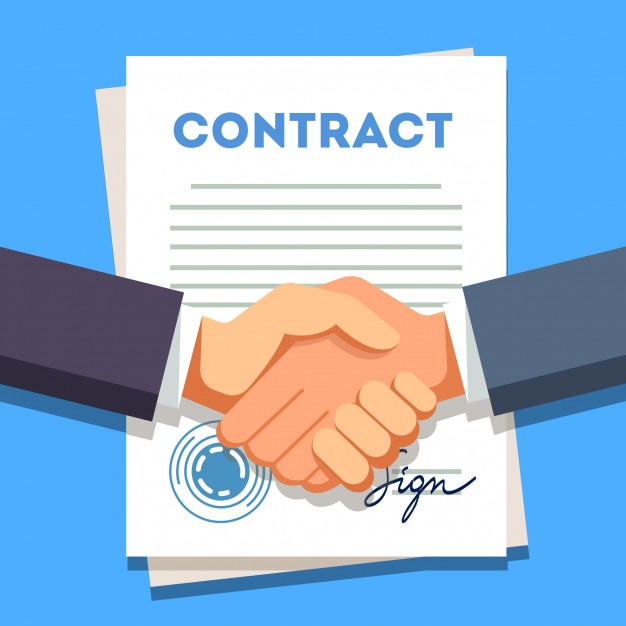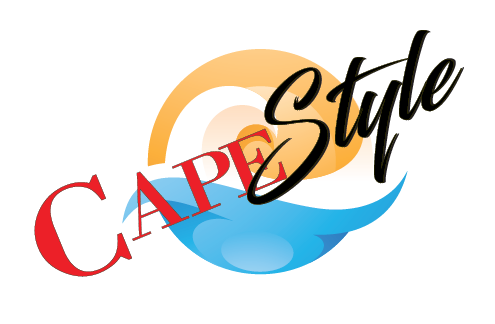I’m Buying Florida Property. What are My Protections? Part II

State Laws, the Realtor Association Code of Ethics, and Cultural Norms will all affect your purchase process, and how to best protect yourself.
What if I Don’t Have A Home Inspection Contingency?
Even many seasoned agents may overlook this one
Another – more commonly missed – but powerful protection is the MLS listing itself.

The MLS listing is, itself, a contract. When two agents join the Association, they agree – under the Realtor Code of Ethics – to behave in a cooperative way with each other.
The actual MLS listing for your property is not only an ad. It is a system designed for Realtors to cooperate with each other. It consists of more information than you will personally find on consumer-level websites such as Realtor.com or Zillow.com. The MLS listing includes offered commission splits for bringing that seller a buyer, private notes about the property, and sometimes already-filled-out addendums such as those previously mentioned.
Often, a listing will either privately or publicly offer items or services. The seller may offer a previously performed home inspection, a home warranty, money for a trashed carpet, or items of personal property.
These items commonly get listed in your purchase contract. However, even if they are not – as they are written, and published as an offer (to “some buyer,” or to “some Realtor with some buyer” – the offers in that listing are still enforceable.

Let’s say, for example, that the listing says, “Come and buy this! The shed comes with the house!” Then, at the final walk-through, the buyer finds that the shed is missing. The seller’s response is, “You never wrote in the contract that you wanted the shed. So, we took it with us.”
The easiest way to have had this ad upheld would have been to have had it written in the contract. However, let’s say that we already didn’t do that. We can still provide the Title Company, Attorney, or Broker who is settling (closing) your transaction a full, printed copy of that MLS listing.
That title company will have to interpret the language of the listing as an agreement. And if that shed is also pictured in the MLS listing – let’s just say that, one way or another, you’re getting that shed.
At this point – if the seller still will not comply – the title company, Realtor Association mediator, or judge will likely return the buyer’s earnest money, and let the parties go their separate ways. OR, you could get an order requiring the delivery of the shed.
So, yes, the buyer could even take the case to court to have it enforced.
More Broadly – Other ads, pictures, texts, and emails are admissible (to a title company, to the Realtors Association, and to a judge) as evidence of an agreement, or as evidence of a violation of an agreement.

So, What’s the Bottom Line?
Florida is commonly referred to as an “As-Is,” or Caveat Emptor state. State guidelines bar cities and counties from upholding their own ordinances or even the state’s own building codes when entering into a resale transaction. This is a result of the Florida Association of Realtors having successfully lobbied in favor of removing barriers to the sale.
Given the nature of this state’s laws and transaction culture, your best protections are to:
- Get everything in writing that is required to be in writing.
- Get the non-required home inspection contingency in writing, and make sure it’s at least 15 days.
- Get everything else that is important to you written into the agreement (with caveats for some financing stuations).
- Check what’s written anywhere (and that means anywhere) regarding your agreement.
And that’s the bottom line.



